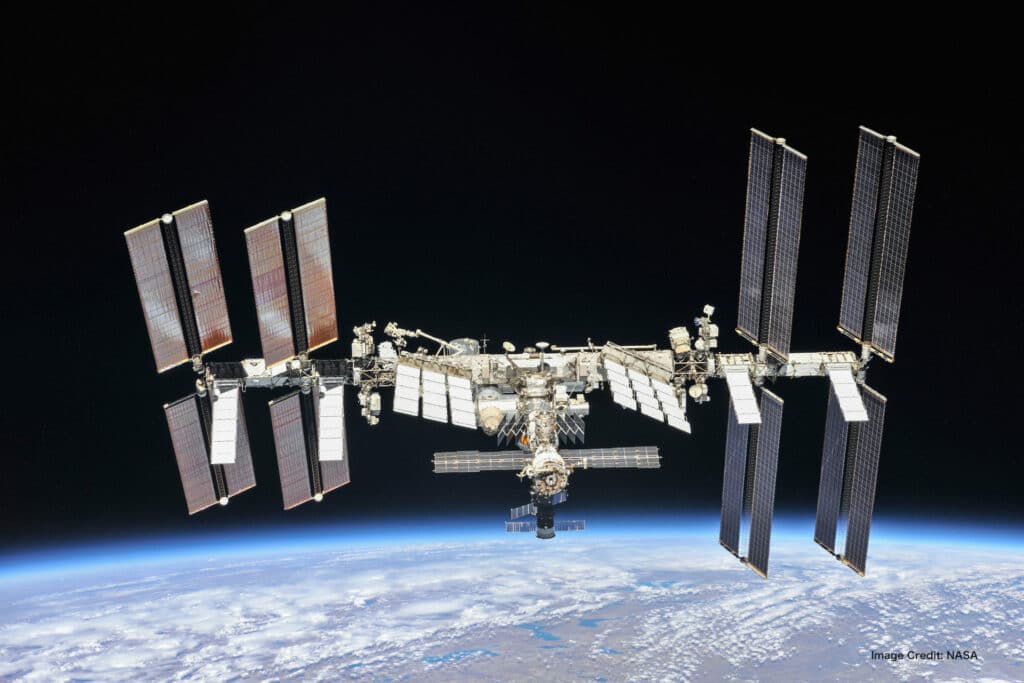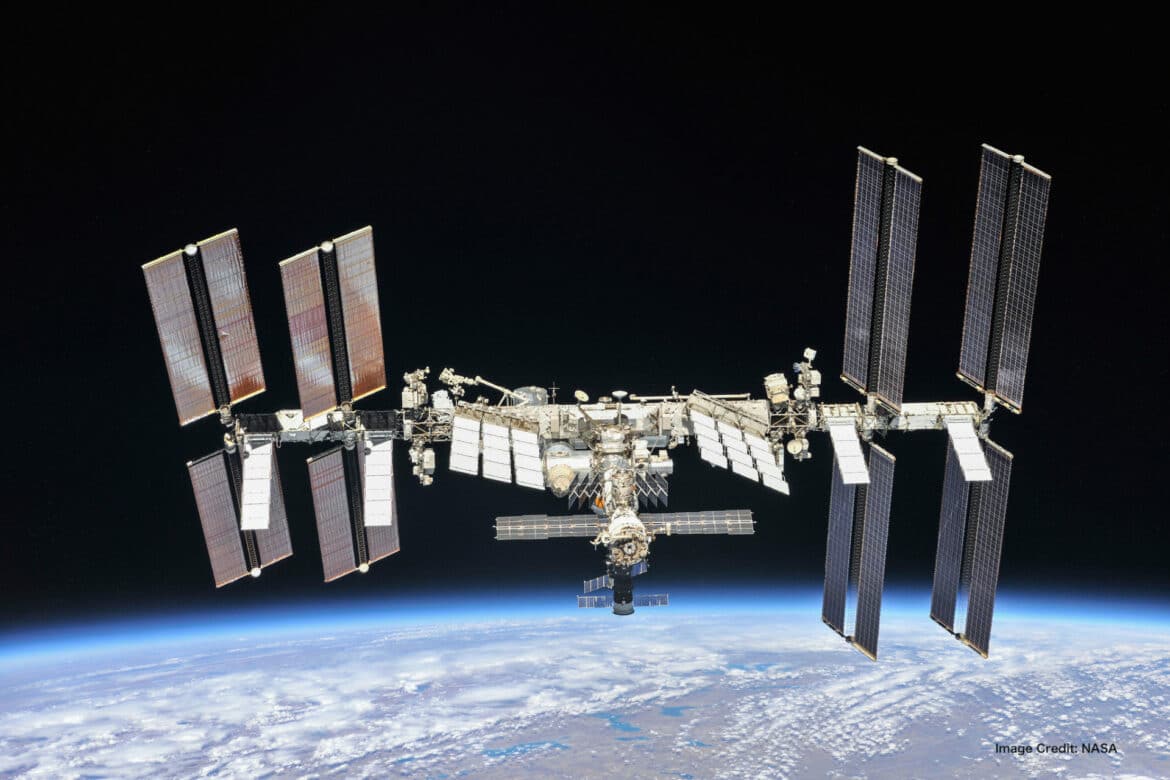KIOXIA has announced that they will be participating in the Hewlett Packard Enterprise (HPE) Spaceborne Computer-2 (SBC-2) program to help with scientific experiments and research aboard the International Space Station (ISS).
KIOXIA has announced that they will be participating in the Hewlett Packard Enterprise (HPE) Spaceborne Computer-2 (SBC-2) program to help with scientific experiments and research aboard the International Space Station (ISS).
More specifically, KIOXIA SSDs will be used in HPE Edgeline and HPE ProLiant solutions, which are specially designed to function in harsh environments like space. These KIOIXIA SSD-populated servers will be deployed in a test environment to ensure that they can handle the extreme conditions of space travel and operation.

The HPE Spaceborne Computer-2 (SBC-2) is a pioneering edge computing and AI system designed to perform advanced computing tasks in space, such as real-time image processing and scientific simulations. It aims to reduce reliance on communication with Earth by enabling astronauts to process data directly on the ISS, increasing their autonomy.
A few years back, we dedicated an entire podcast about the HPE supercomputer, where Brian sat down with HPE’s Principal Investigator for Spaceborne Computer-2, Mark Fernandez, and discussed the goal of making space more sustainable.
The system leverages HPE’s edge computing solutions (such as the HPE Edgeline Converged Edge System and HPE ProLiant servers) to perform well in the harsh space environment. The HPE SBC-2 has made significant progress in healthcare, image processing, natural disaster recovery, 3D printing, 5G, AI, and other areas by supporting a wide range of workloads. KIOXIA is collaborating with the HPE SBC-2 by providing a range of flash-based SSDs (such as the KIOXIA RM Series Value SAS and KIOXIA XG Series NVMe SSDs) to facilitate these solutions.
Creating better computer storage in space is paramount, as it enables faster and more reliable processing of data onboard the ISS itself while reducing dependence on communication with Earth. As a result, it will facilitate more advanced and efficient research and exploration, which can lead to new discoveries, breakthroughs, and advancements in various fields–both on Earth and in space.
Engage with StorageReview
Newsletter | YouTube | Podcast iTunes/Spotify | Instagram | Twitter | TikTok | RSS Feed

